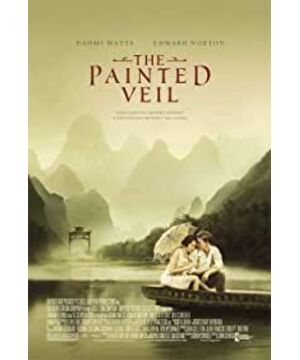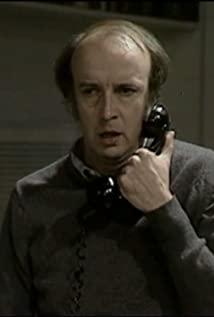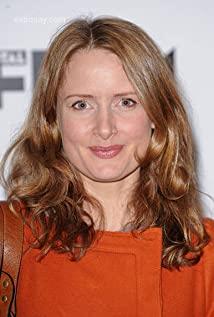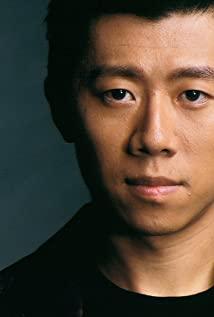Ten years later, when I reread Maugham's original novel "The Veil", I found that in the original book, Katie never fell in love with Walter. As the lines in the film and in the book say, Katie said to Walter heartily, "That's how I grew up...I'd rather play golf at Sandwich than those museums, famous paintings..." So , It is a pity that although she was deeply impressed by Walter's feelings and spirit of sacrifice, she could not fall in love with Walter. In the end, her feelings for Walter were more like the worship of believers to saints. The book goes to great lengths to describe the plot of her working in a monastery, and her interactions with the abbot, who was born from a noble family, also dilutes the feelings between men and women with the author's loftier and more superego philosophy. And Walter's feelings for Katie are physical love with resentment. He loves Katie as a man loves a woman's bright face and lively character, but they can't communicate in terms of lifestyle, hobbies, and when they're at their best; their souls can't communicate Conversational. It also explains why Walter is taking Katie to Meitan Mansion, which is narrow-minded revenge and jealousy.
The clearest illustration of this, and the most shocking, is when Walter died, and his only last words were: "The one who died was the dog." This sentence came out of Katie, who knew nothing about classical literature. Can't understand what it means. This sentence actually comes from "Elegy": a kind person saves a dog, and in the end the dog bites the good person because of his own selfish desires (like people). In the end the good man was healed and the dog died. He died with guilt, the guilt of avenging and torturing Katie. "I've had a rough road, but it's all better now." Death was relief for him, not torture. How ironic, shouldn't it end up saying "I love you" or at least "I forgive you" if it's a romance movie? In his view, the one who needs to be forgiven is him, and this forgiveness is human, not emotional.
Humanity, not emotion, is a constant topic of discussion in Somerset Maugham's novels. In his short story, The Fall of Edward Barnard, he makes this clear. What he is looking for is not a good life, a bright face, a perfect love, but the meaning of life after all these are gone. He allows the protagonist to live a Gauguin-style life, away from the hustle and bustle, and go to an island that no one knows about, where he can appreciate the true meaning of life, which runs counter to the traditional success of Wuzi Dengke, and believes that this is the success that transcends oneself. In this sense, his novels are more philosophical and allegorical.
View more about The Painted Veil reviews











